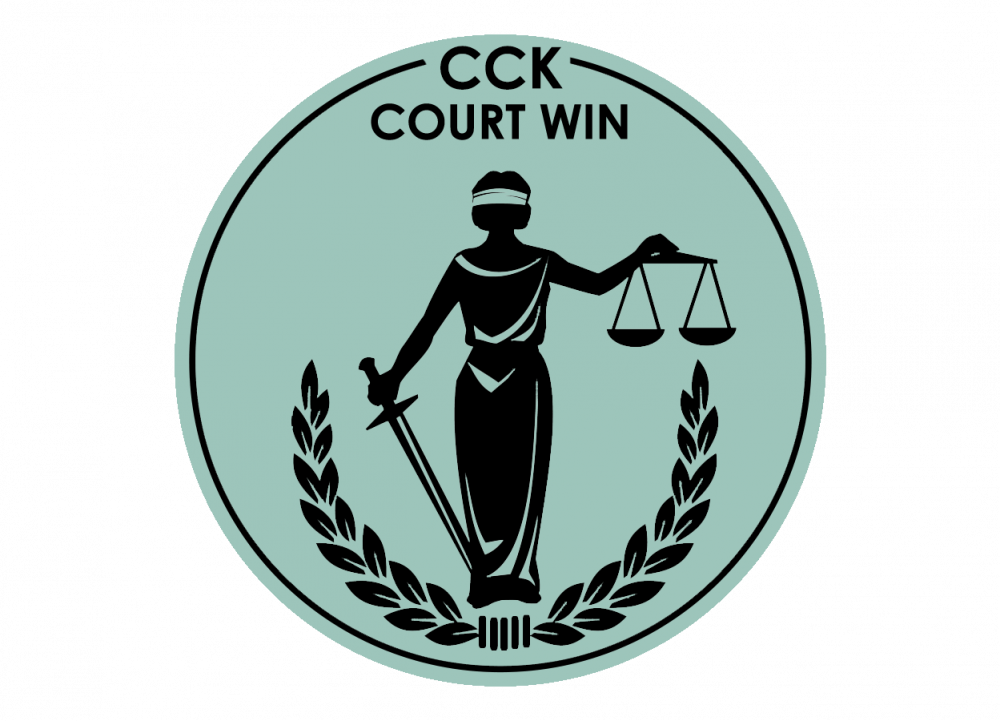Board Erred in Left Leg Disability Denial While Simultaneously Remanding TDIU

CCK Law: Our Vital Role in Veterans Law
Summary
The Veteran served honorably in the United States Army from 1974 to 1977. During service, he injured his leg and required surgery to excise a thrombosed vein in his ankle. After this surgery, the Veteran suffered from pain in his leg, especially when standing, running, or wearing boots. The Veteran was ultimately diagnosed with residual injuries from venous thrombosis, and granted service-connected and compensation for his left leg disability.
Over time, the Veteran’s leg disability worsened, and he filed for an increased rating with VA. He suffered from chronic pain, swelling, and he was unable to stand or walk for more than five minutes at a time. The Veteran limped and had to use compression stockings to ease his symptoms. His leg disability prevented him from working, engaging socially, exercising, walking, or even grocery shopping.
Board denied increased rating for service-connected left leg disability
In May of 2016, the Board denied the Veteran entitlement to an increased rating for his service-connected left leg disability, including on an extraschedular basis. At the same time, the Board found that the record was incomplete to determine whether the Veteran was unable to secure and follow substantially gainful employment, due in part to his left leg, and therefore remanded the issue of TDIU.
CCK appeals to the Court
CCK successfully appealed to the Court the Board’s denial of an increased rating for a left leg disability, including its decision to deny referral to the Director of Compensation Services for extraschedular consideration.
CAVC agrees with CCK’s arguments
CCK argued, and the Court agreed, that the Board was premature in its denial for referral for extraschedular consideration. The Court found that given the Veteran’s symptoms, and the Board’s acknowledgment that he asserted he could not work due to his leg, “the adjudication of the issue of referral for extraschedular consideration requires a complete picture of the appellant’s service-connected disabilities and their effect on his employment.” As the evidence VA would develop pursuant to the Board’s remand of TDIU may impact extraschedular consideration, the Court held that the Board erred in failing to remand the matter of referral for extraschedular consideration along with entitlement to TDIU. Accordingly, the Court Vacated the Board’s decision, and remanded the matter for readjudication.
About the Author
Share this Post
